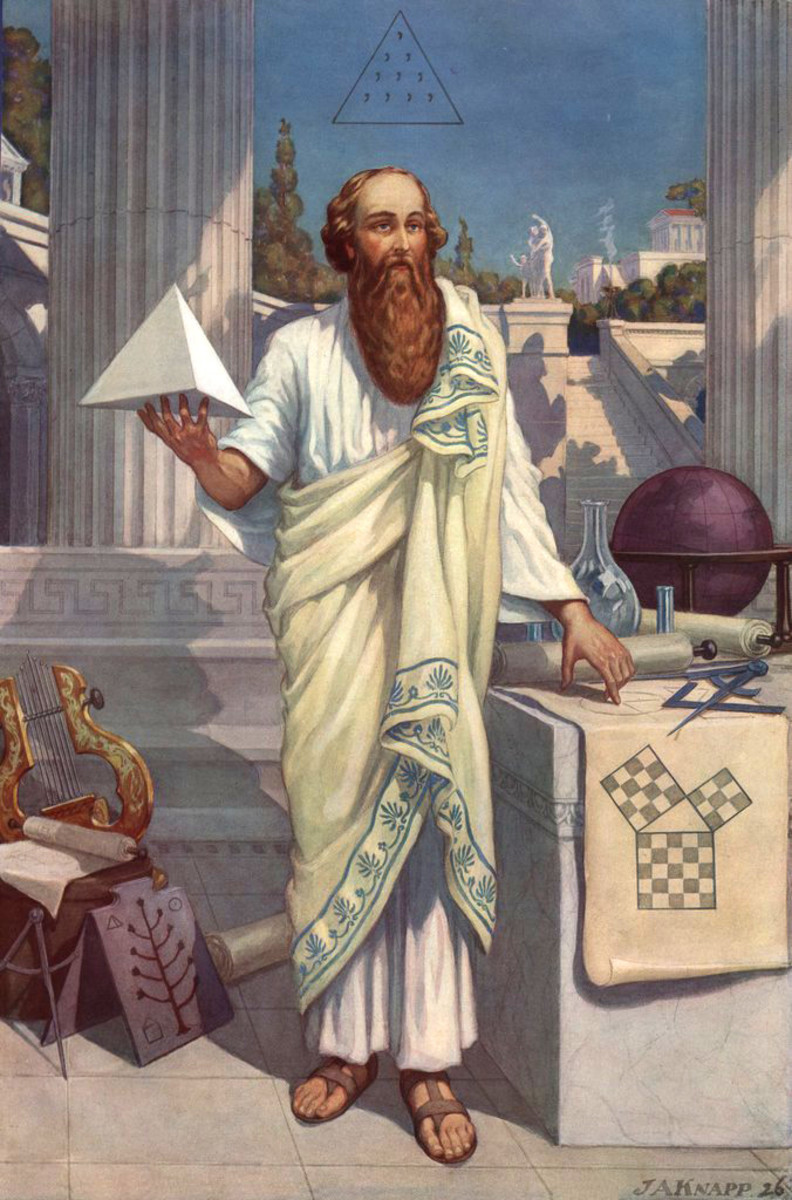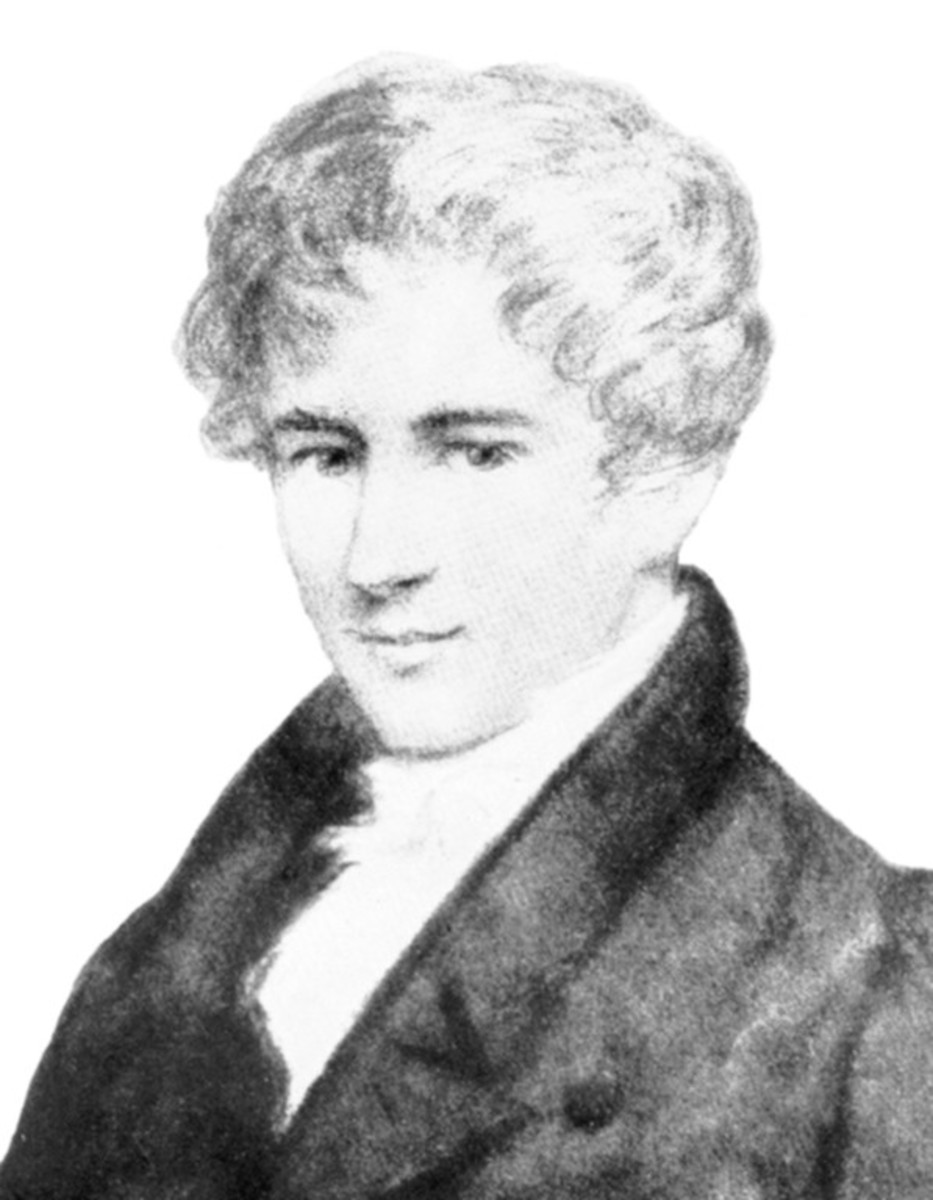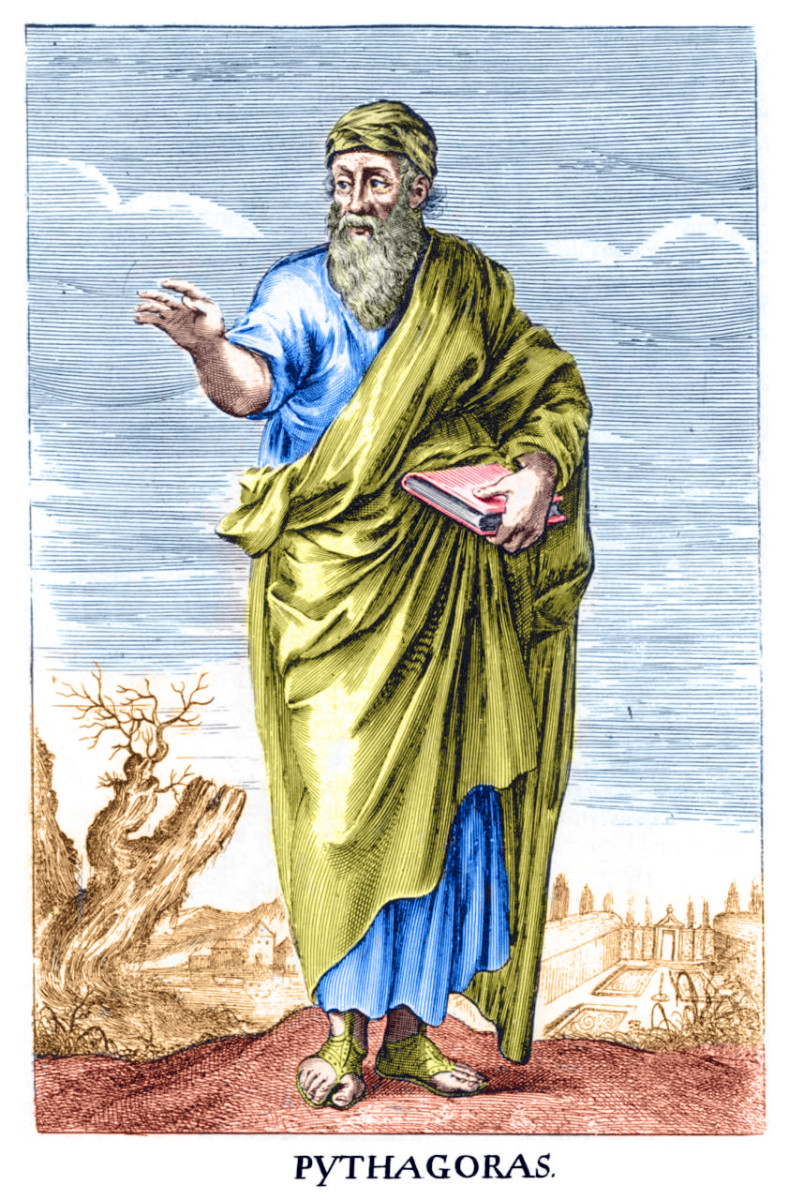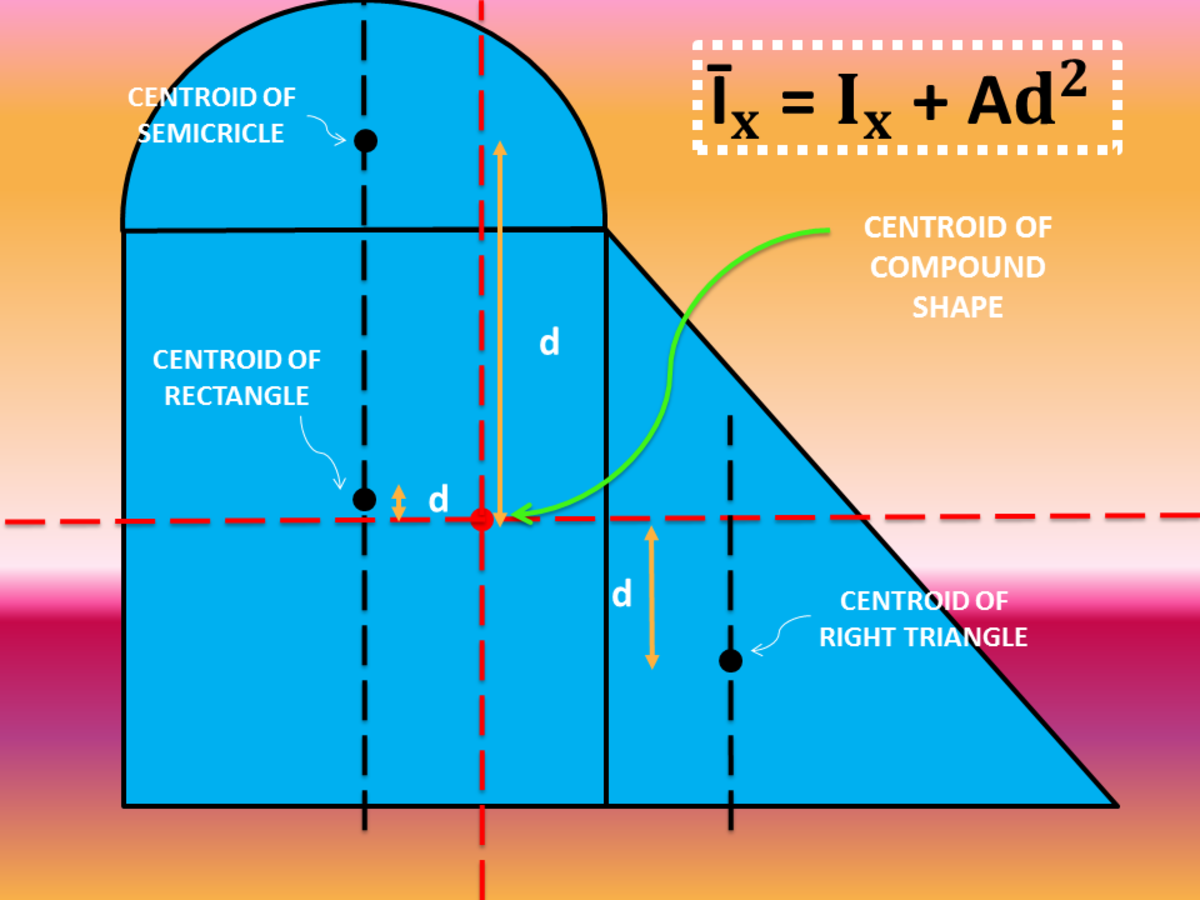Pythagoras
This article might be more accurately titled ‘Pythagoras and The Pythagoreans’ since some of the mathematical discoveries accredited to Pythagoras may well have been made by one of the other members of the brotherhood he founded.
Pythagoras was born in about 572 BC on the Greek island of Samos in the North Aegean Sea, just off the coast of Asia Minor. Being not far from Thales’ home town of Miletus, it’s possible that Pythagoras studied under the older man. Like Thales, Pythagoras travelled and is known to have stayed for a time in Egypt. When he returned to Samos, he found the island occupied by the tyrant Polycrates who had allied himself with the Persian King. Pythagoras fled Samos and moved to the Greek settlement of Crotona in southern Italy.
At Crotona, he founded the famous Pythagorean School. His school was an academy for the study of mathematics, natural science and philosophy, but it was also a secret brotherhood with its own rites and observances. The members of the school believed in the pursuit of philosophical and mathematical studies as the basis for a good moral life. Their philosophy was summed up in their motto ‘All is number’, and is based on the assumption that all mathematics is constructed around the whole numbers.

The symbol of the Pythagoreans was the star pentagon or pentagram, a five-pointed star formed by drawing the diagonals of a regular pentagon.
Pythagoras is incorrectly accredited with the famous ‘Theorem of Pythagoras’ which says: ‘In any right angled-triangle, the square on the hypotenuse is equal to the sum of the squares on the other two sides’ i.e. c2 = a2 + b2.
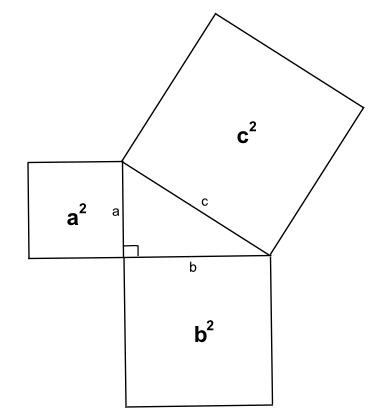
The simplest case of Pythagoras’ Theorem is the 3-4-5 triangle where 52 = 32 + 42
Although Pythagoras may well have discovered this result independently, it had been known to the Babylonians for centuries before Pythagoras’ birth. Pythagoras and his followers did, however, contribute significantly to mathematics, especially geometry and the early theory of numbers. He is also credited with the introduction of proof into mathematics.
The brotherhood, known as ‘The Pythagoreans’, became so powerful that the local rulers in southern Italy destroyed their buildings and caused the brotherhood to disperse. One account says that Pythagoras died in the flames, another that he fled to Metapontum where he later died. Nevertheless the brotherhood continued in existence for another two hundred years after its founder’s death in around 500 BC.
A contribution of Pythagoras to mathematics
Pythagoras is accredited by Iamblichus, a fourth century philosopher, with the discovery of the so called ‘amicable’ numbers. Two numbers are called ‘amicable’ if each of them is equal to the sum of the proper divisors of the other. (The proper divisors of a number are all the numbers that divide into it except the number itself.)
The simplest example of a pair of amicable numbers is 220 and 284.
The proper divisors of 220 are 1, 2, 4, 5, 10, 11, 20, 22, 44, 55 and 110
and 1 + 2 + 4 + 5 + 10 + 11 + 20 + 22 + 44 + 55 + 110 = 284
The proper divisors of 284 are 1, 2, 4, 71 and 142
and 1 + 2 + 4 + 71 + 142 = 220
The next pair of ‘amicable’ numbers is 17,296 and 18,416 which weren’t discovered until 1636 AD by Pierre de Fermat.

